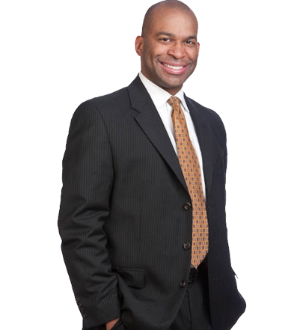Best Lawyers in Georgia, United States for Construction Law
Practice Area Overview
For a typical project, a construction lawyer may be called upon to assist the owner in obtaining land for the project. Buying the land and building a project on the land often requires financing from another source, and construction lawyers often help prepare and negotiate the various loan documents that define the rights of the bank, bondholders, or other source of funding.
Construction lawyers may assist owners and developers in deciding which project delivery approach best suits their project, such as design-bid-build, design build, or multi-prime construction. Then, construction lawyers may help draft requests for bids to allow the owner or developer to identify a contractor. A lawyer may help determine whether a bid can be withdrawn due to a mistake. For certain public projects where the owner is a city, county, state, or arm of the federal government, a construction lawyer may be called upon to file a bid protest to challenge the fairness of the bidding process.
After the project is awarded, lawyers are often involved in drafting and negotiating contracts between the owner and general contractor or the general contractor and its subcontractors. Lawyers also may be involved in documenting insurance and bonding arrangements to secure performance of the work and protect the parties against property damage or personal injuries.
During the project, construction lawyers are often called upon to help the participants understand their contracts and comply with them. Many construction lawyers see this kind of work as extremely rewarding, because their guidance can help keep construction on track toward a successful conclusion. Where contractors or subcontractors are not being paid for their work, construction lawyers may file liens or bond claims to secure payment for their clients’ work.
Construction projects are complex, expensive, stressful, and sometimes dangerous, and thus give rise to many different kinds of disputes, including disputes about the cost and duration of the project, the quality of the work, and responsibility for injuries or damages suffered during the work or, sometimes, after the work is completed. Construction disputes are often complex, involving many parties and substantial amounts of money, so construction lawyers often engage in complex commercial litigation. Many construction contracts call for dispute resolution through dispute review boards, mediation, and arbitration, so a successful construction lawyer will understand the advantages, disadvantages, and nuances of alternative dispute resolution techniques.
While often seen as a specialist, a construction lawyer is, in many ways, a generalist who must be prepared to deal with almost any kind of legal problem that may affect the construction industry, whether that problem involves contract law, banking law, tax law, environmental law, criminal law, international law, bankruptcy law, real property law, insurance law, tort law, bond and lien law, administrative law, or litigation.


Our Methodology
Recognition by Best Lawyers is based entirely on peer review. Our methodology is designed to capture, as accurately as possible, the consensus opinion of leading lawyers about the professional abilities of their colleagues within the same geographical area and legal practice area.
The Process
Best Lawyers employs a sophisticated, conscientious, rational, and transparent survey process designed to elicit meaningful and substantive evaluations of the quality of legal services. Our belief has always been that the quality of a peer review survey is directly related to the quality of the voters.
























































